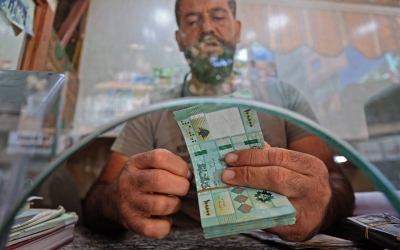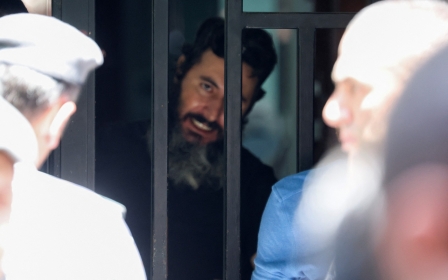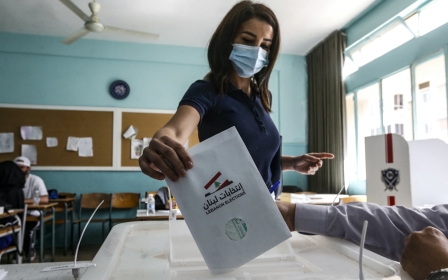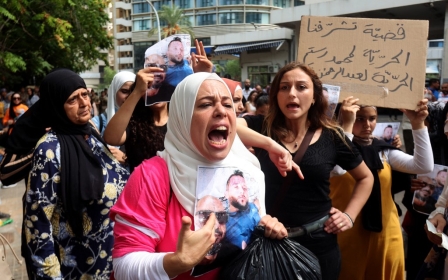Lebanese banks close indefinitely as branches stormed by angry depositors
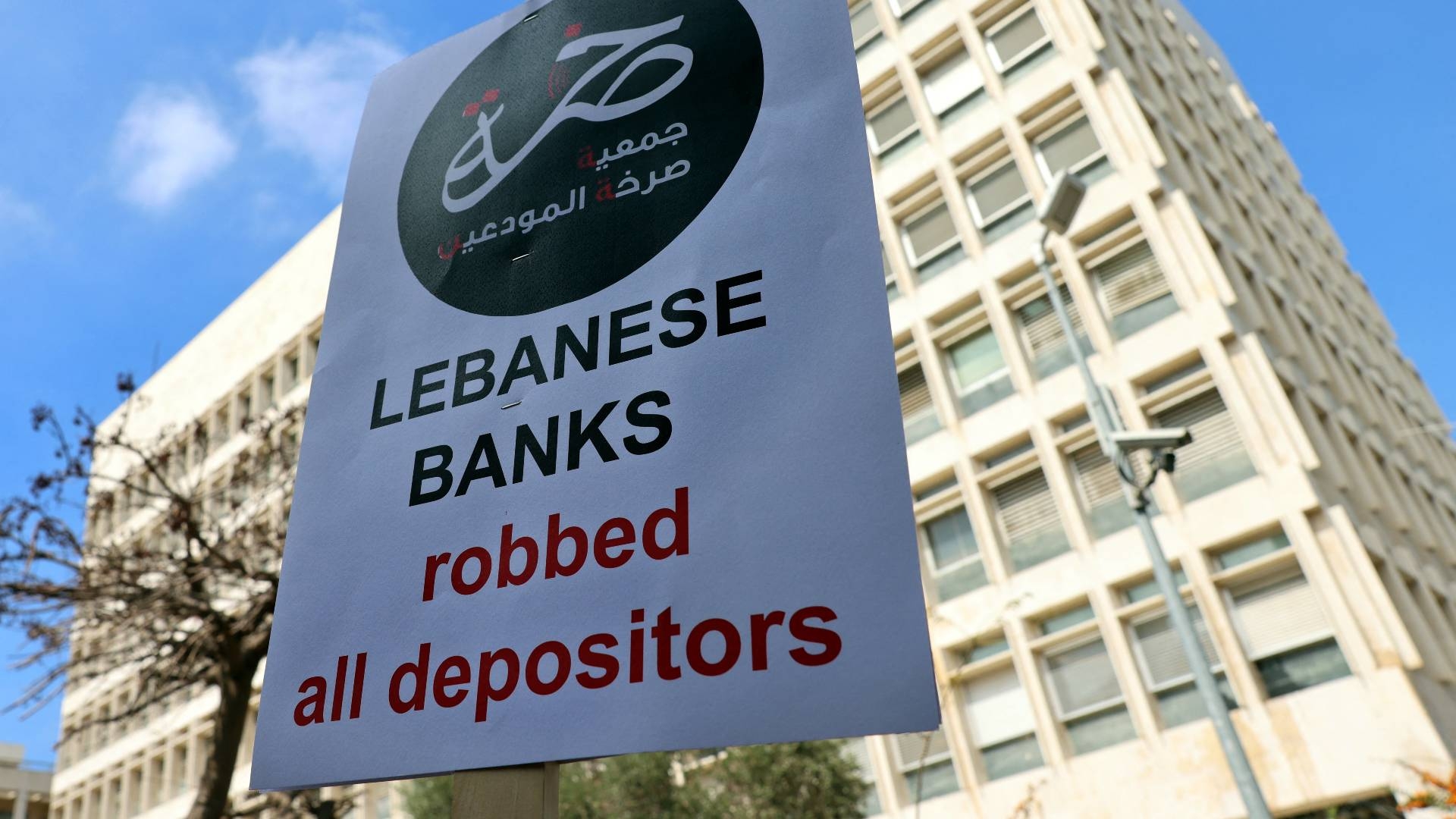
Lebanese banks have voted unanimously to close their doors following a wave of hold-ups by angry depositors, who have been prevented from accessing their cash since September.
Bank employees said on Friday that they would close indefinitely but that they would meet the urgent fiscal needs of individuals and companies as usual in the back office.
Lebanon's currency has depreciated by at least 90 percent since the country sank into a severe economic crisis in 2019, prompting banks to limit the amount their clients could withdraw, which in turn has left many Lebanese in debt and unable to pay their bills.
Since September, some Lebanese depositors have stormed bank branches armed with guns and grenades, while others have protested peacefully, including an MP and former ambassador.
Bank officials worried about their employees' safety had announced a three-day closure last month, after at least eight branches were held up in a single day.
They partially reopened last week under strict security. However, banks will suspend front desk services after rolling out employees' salaries in the first week of October.
Assad Khoury, head of the Syndicate of Banks Employees, said they were on strike from Friday but would keep cash machine services running for individuals.
The move was criticised by the Association of Depositors, a body campaigning for frozen cash to be released from banks' vaults. It said that the "policy of strikes and closures will only increase depositors' resentment against the banks", adding that when banks open their doors again they "will face many incursions if there is no solution".
Since the onset of the economic crisis in 2019, commercial banks in Lebanon have frozen depositors out of their savings and restricted access to their accounts, as part of informal capital controls.
An estimated 80 percent of Lebanon's population is now living below the poverty line, as part of what the World Bank has deemed potentially one of the three worst economic crises of modern times.
Middle East Eye delivers independent and unrivalled coverage and analysis of the Middle East, North Africa and beyond. To learn more about republishing this content and the associated fees, please fill out this form. More about MEE can be found here.


